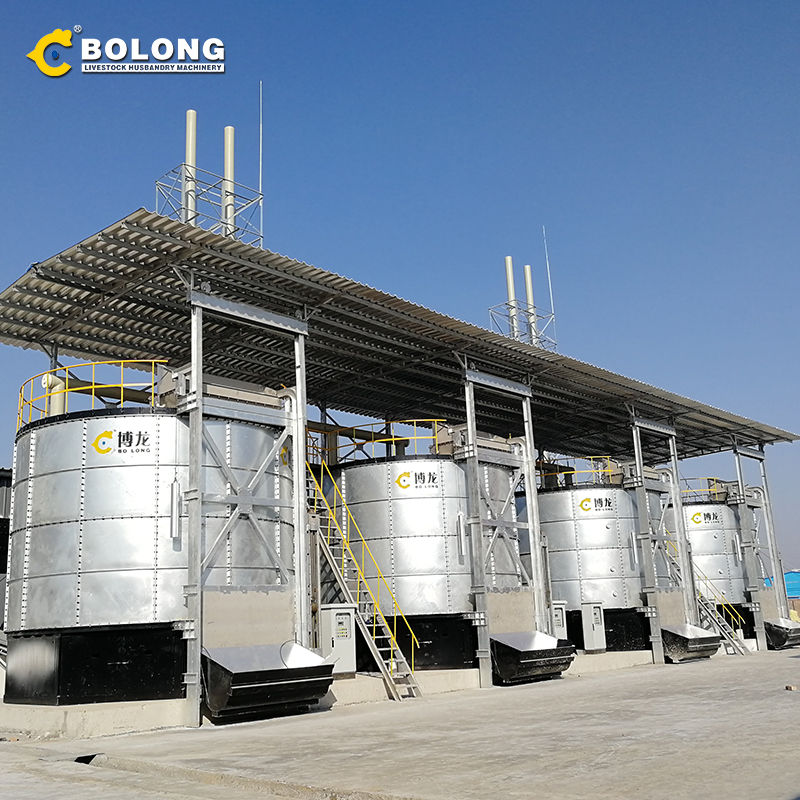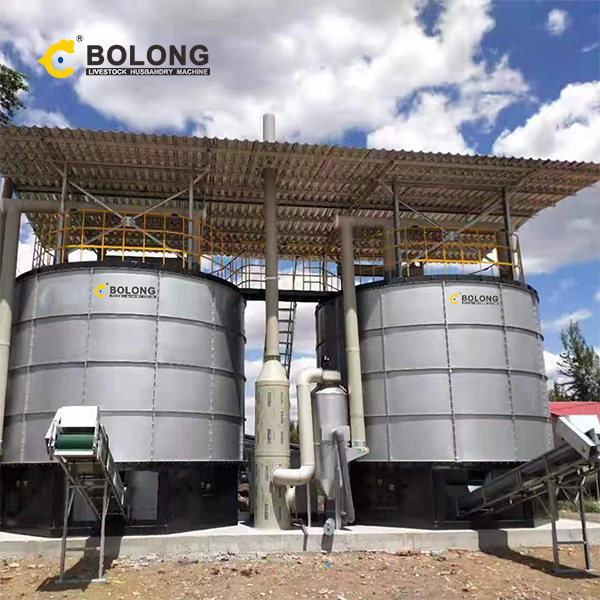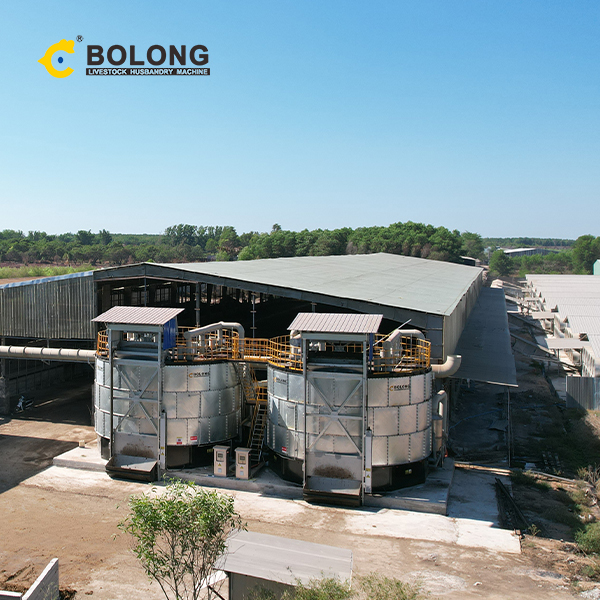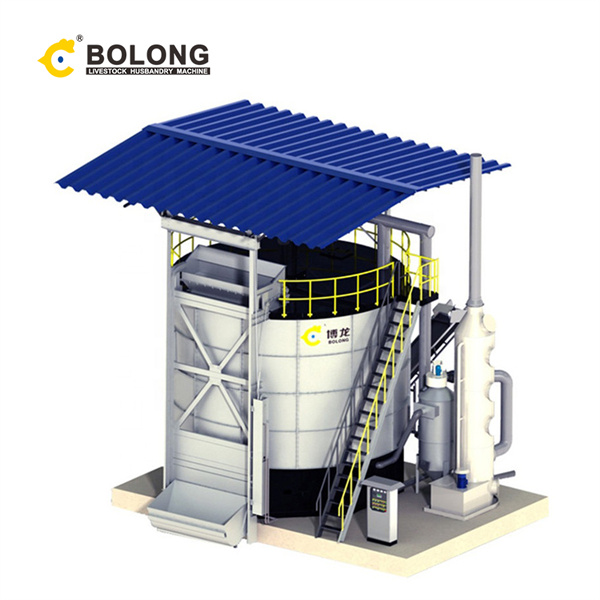In the field of agricultural production and organic waste treatment, the application of organic fertilizer composting machines is becoming more and more extensive, and its operating efficiency and stability directly affect production benefits and environmental protection results. Remote operation and maintenance services, as a key means to improve the efficiency of organic fertilizer composting machines, are gradually becoming the focus of industry attention. Through remote operation and maintenance, real-time monitoring and management of composting machines can be achieved, problems can be solved in time, and operation and maintenance costs can be reduced, which has important practical significance.
At present, the remote operation and maintenance services of organic fertilizer composting machines mainly rely on traditional methods such as telephone, text messages or regular on-site inspections. After receiving user feedback, the manufacturer arranges technicians to go to the site to investigate and solve problems. In this mode, technicians can directly contact the equipment and judge the fault more accurately, but there are also certain limitations, such as slow response speed and high labor costs.
On the one hand, due to the lack of real-time monitoring means, it is difficult to detect potential problems in the operation of the composting machine in time, which may cause small problems to evolve into major failures and affect production progress. On the other hand, for some composting machines with remote geographical locations, it takes a long time for technicians to arrive at the site, and maintenance is not timely, which increases the economic losses of the enterprise. In addition, the traditional operation and maintenance model cannot effectively collect and analyze the operating data of the composting machine, making it difficult to achieve accurate maintenance and optimization and upgrading of the equipment.

Using the Internet of Things technology, various sensors such as temperature sensors, humidity sensors, pressure sensors, etc. are installed on the organic fertilizer composting machine to collect various operating data in the composting machine in real time and transmit them to the remote monitoring center through the network. The staff can check the operating status of the composting machine anytime and anywhere through terminal devices such as mobile phones and computers, such as whether the fermentation temperature is normal, whether the stirring speed is stable, etc., to achieve all-round real-time monitoring of the fermentation process.
With the help of big data analysis and artificial intelligence technology, the data collected by the sensor is analyzed and processed to establish a fault diagnosis model. When the composting machine is abnormal, the system can automatically identify the fault type and location and give corresponding solutions. Some simple faults can be directly repaired through remote control instructions, and complex faults can guide technicians to prepare maintenance tools and spare parts in a targeted manner to shorten on-site repair time.

As the front-end equipment for data collection, the accuracy and stability of sensors are crucial. Select appropriate sensors to ensure that the various physical quantity changes in the composting machine can be accurately sensed. At the same time, establish a reliable data transmission network, and use wired or wireless communication to quickly and accurately transmit the data collected by the sensor to the remote server to ensure the real-time and integrity of the data.
Develop advanced intelligent diagnosis algorithms to learn and analyze a large amount of historical data and real-time data, and explore the laws behind the data. By establishing a fault feature library, the algorithm can accurately identify different types of fault modes and improve the accuracy and efficiency of fault diagnosis.

After a large organic farm introduced the remote operation and maintenance service of organic fertilizer composting machines based on the Internet of Things, the staff said that they could understand the operating status of the composting machine in real time without having to frequently visit the site, which greatly reduced the workload. At the same time, the fault warning and remote repair functions enable them to deal with problems in a timely manner, the downtime of the composting machine is significantly reduced, and the output of organic fertilizer has been improved.
From a cost perspective, although the initial investment in IoT equipment and software platforms is large, in the long run, the number of manual inspections and on-site repairs is reduced, and labor costs and transportation costs are reduced. From the effect point of view, the operating stability and reliability of the composting machine are significantly improved, the fermentation efficiency is improved, and the product quality is more stable, which brings good economic and social benefits to the enterprise.

In summary, the innovative remote operation and maintenance service model of organic fertilizer composting machines has significant advantages. Through real-time monitoring, remote fault diagnosis and repair technologies based on the Internet of Things, the problems existing in the traditional operation and maintenance model are effectively solved. It not only improves the use efficiency of the composting machine and reduces the operation and maintenance costs, but also provides strong support for the production management of the enterprise. In the future, with the continuous development of technology, remote operation and maintenance services are expected to be deeply integrated with more advanced technologies, further expand their application fields and functions, inject new vitality into the development of the organic fertilizer composting machine industry, and promote the entire industry to move towards intelligence and efficiency.